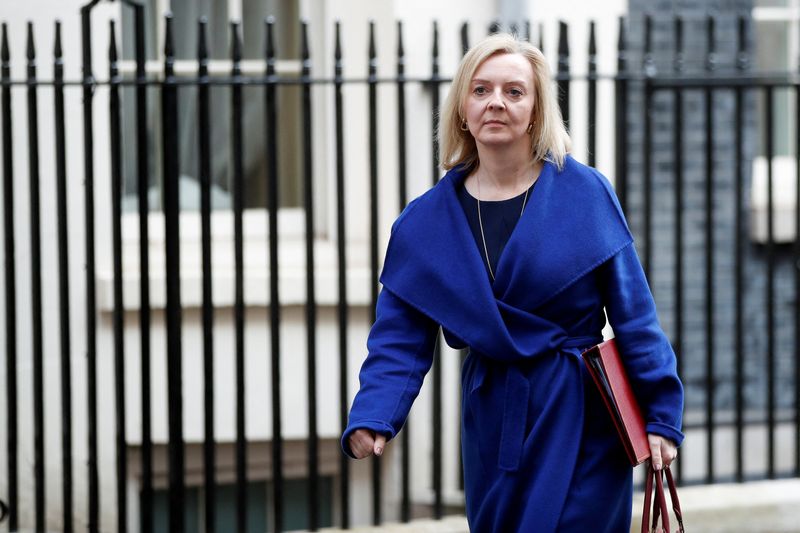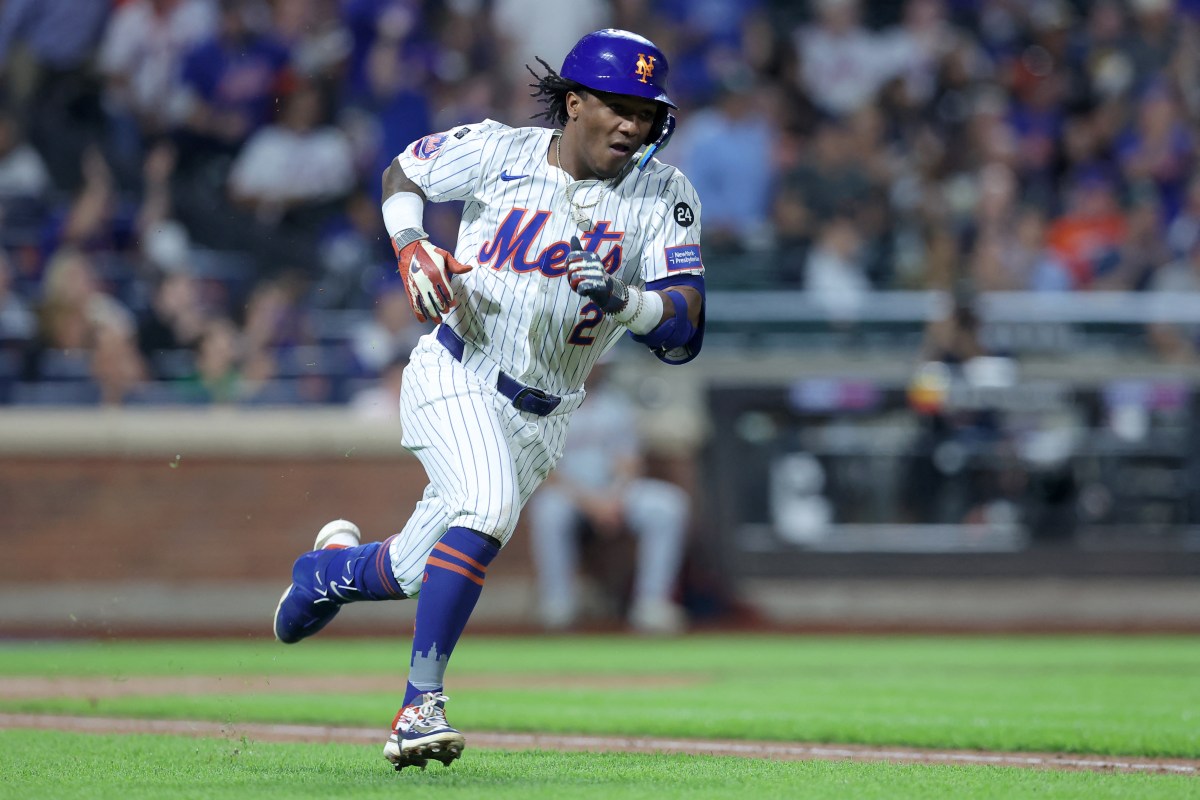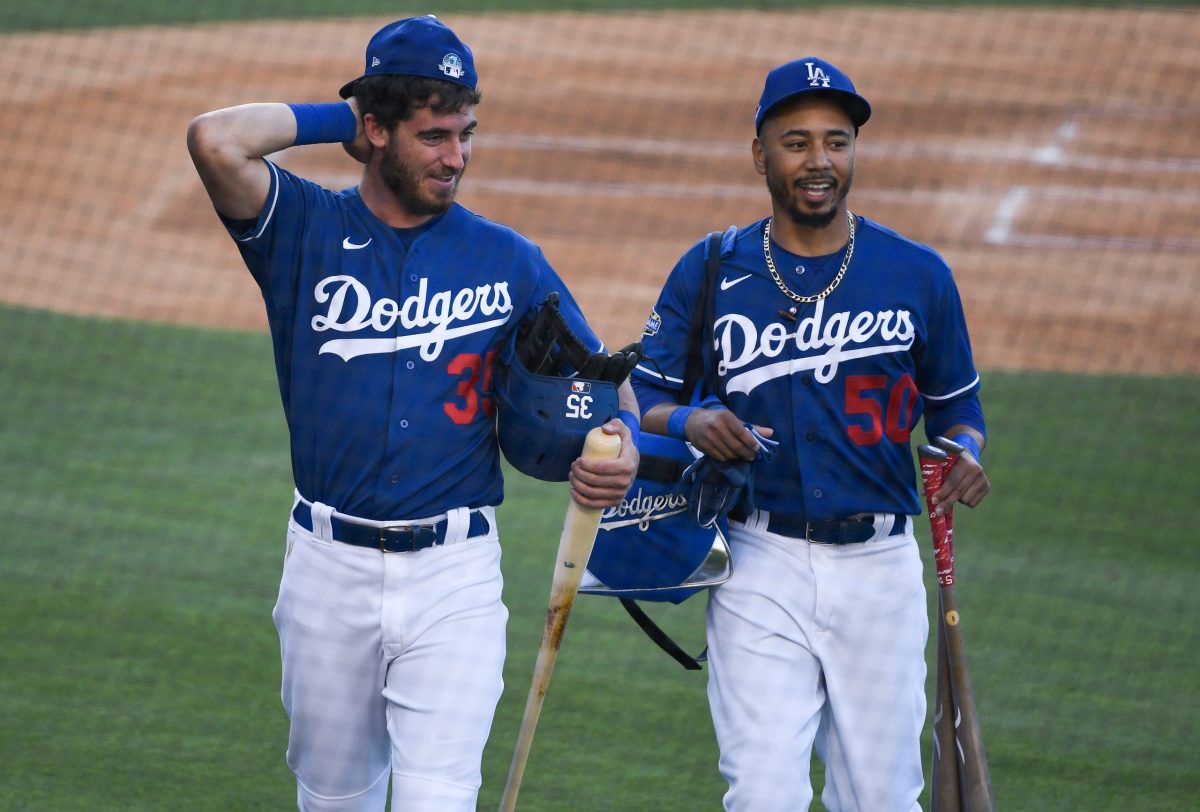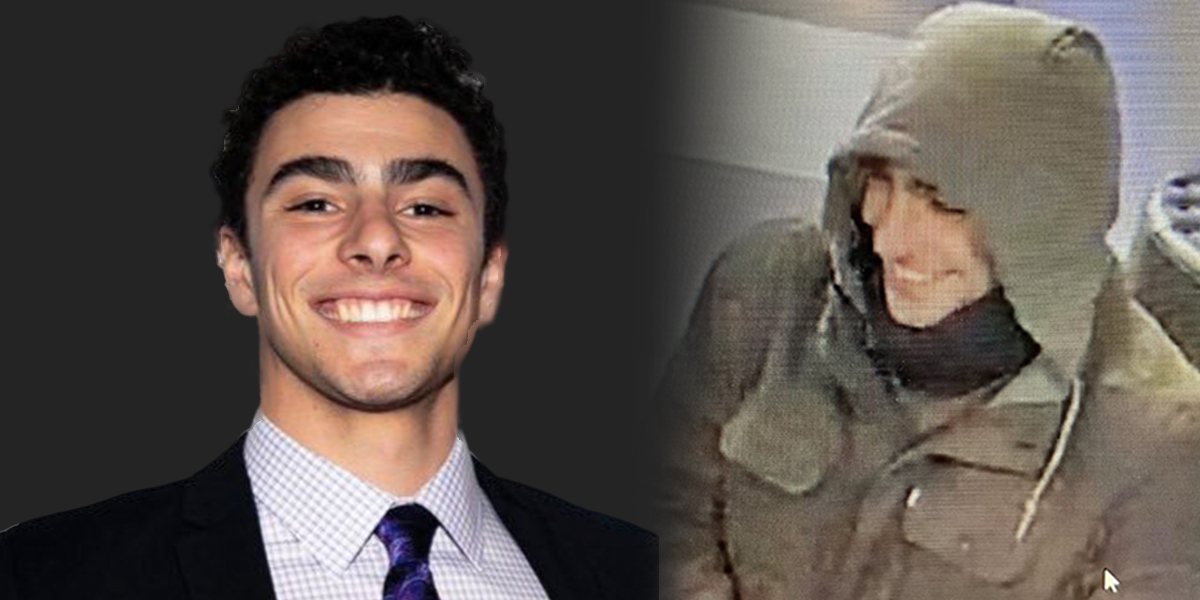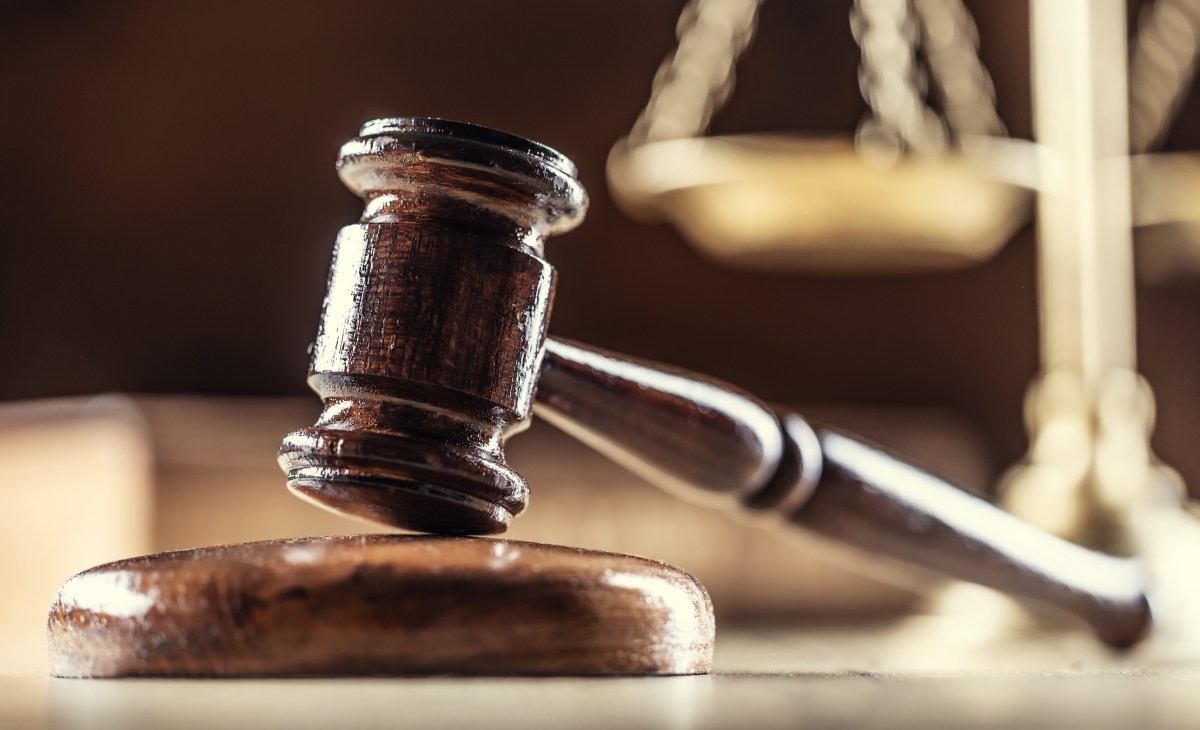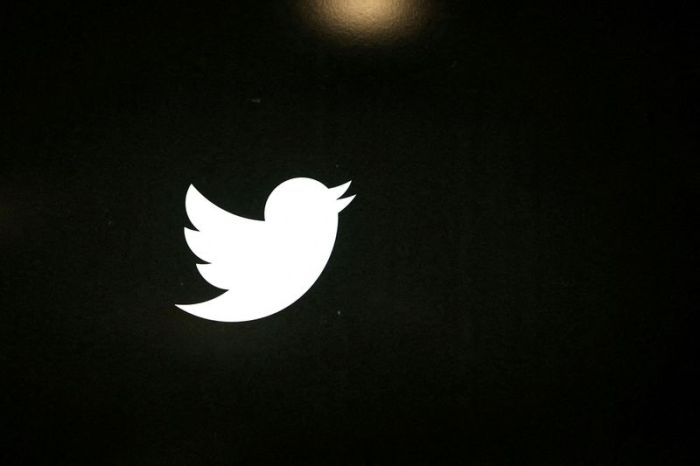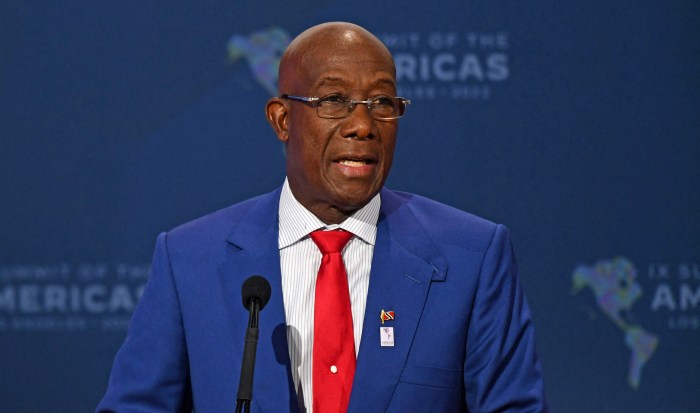By William James
LONDON (Reuters) -Britain imposed sanctions on 386 members of Russia’s lower house of parliament on Friday, and said it would seek to ban the export of luxury goods to Russia to increase diplomatic pressure on Russian President Vladimir Putin for invading Ukraine.
The announcement – the latest in a series of punitive measures taken by Britain and international allies – said the sanctions targeted those who had voted to recognise the independence of Ukraine’s largely Russian-speaking breakaway regions of Luhansk and Donetsk in the run-up to the invasion.
The government had said on Feb. 22 that it would sanction the members of the Duma, and confirmed the process on Friday.
“We’re targeting those complicit in Putin’s illegal invasion of Ukraine and those who support this barbaric war,” British Foreign Secretary Liz Truss said in a statement.
“We will not let up the pressure and will continue to tighten the screw on the Russian economy through sanctions.”
The listed Duma members will be banned from travelling to Britain, accessing assets held in Britain, or doing business there, the Foreign Office said. The European Union has already sanctioned the same group of lawmakers.
Russia has been pounding Ukraine’s cities, while its main attack force north of Kyiv has made only halting progress since the invasion’s early days.
Russia denies that it has attacked Ukraine, but says it is conducting a “special operation” to disarm and “de-Nazify” Ukraine, which it says is going to plan.
After the Group of Seven leaders agreed to take steps to revoke Russia “most favoured nation” trade status, which would allow G7 nations to increase tariffs and set quotas on Russian products, Britain said it was also looking to stop the export of luxury goods.
“The UK will also work toward banning exports of luxury goods to Russia, cutting off access to high-end goods from some of the world’s biggest producers of luxury products,” Prime Minister Boris Johnson’s office said.
It said further details would be set out in the coming days.
On Thursday, Britain imposed sanctions on seven more Russian business people, including Chelsea Football Club owner Roman Abramovich, in an attempt to root out Russian assets parked in Britain and increase pressure on Putin and his allies.
Britain has rejected criticism from opposition lawmakers and campaigners that it has been slower than international allies to impose sanctions, and thus given wealthy Russians time to transfer their assets elsewhere.
But ministers have acknowledged that the existing sanctions regime was too cumbersome, and the government is passing emergency legislation to streamline that process.
(Reporting by William James and Michael Holden; Editing by Alistair Smout, Kevin Liffey and Rosalba O’Brien)

